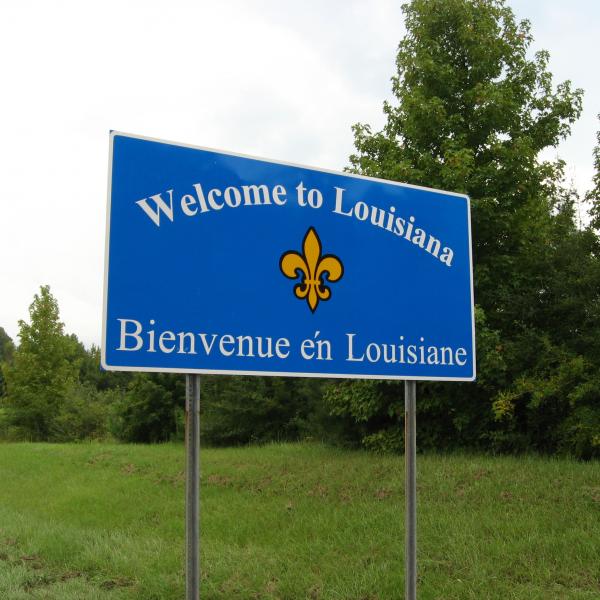In several of the readings there have been mentions of individuals going to Cuba, escaping to Cuba, becoming a member of the communist party, becoming a Marxist, or aligning their political views to a socialist view point. I would like to understand how these connections came to be.
Prior to coming to Sock Hop and the Loft I was preparing my curriculum for next year when my students will be doing all of their English standards under the theme of immigration. When reading the the diaries and historical fiction accounts of Irish, Polish, and Jewish immigrants from the 1920's to 1940's I found a number of references to the communist parties involvement with the unionization of the mining and textile industry. It very much seemed as though the communist and socialist party was the up and coming party for the poor working class. In some regards the struggles of these poor immigrants mirrored the later Civil Rights Movement. Both found conflict with the middle class who feared the loss of jobs and perceived power to these working class individuals. Selling out one of your co-workers for a few cents more a day or an easier job was common in the literary accounts I read of the struggle. This mirrored in my mind the scene at the lumber mill in the movie “Nothing But a Man”. The techniques between the workers movement and the Civil Rights Movement were also portrayed as being very similar. The workers movement used marches and strikes that were organized to be non-violent and just like the Civil Rights Movement they were often met with police violence. There were a number of references to police massacres of unarmed labor demonstrators. The end goal of better living conditions and working conditions in many cases were the same for both movements as well. In the labor movement they specifically targeted living and work conditions, but through the literature it was clear this was an overall call for more dignity to be given to all people. In the journals of the men they often referred to the animals being treated better than them and wanting their “bosses” to see them as men.
 Having read some of the history and basis of communism and socialism I can see how this philosophy or political ideology I can see how it would be of interest in anyone who feels they have “less” in some regards in their society. During the early labor movements the communist party was openly educating and recruiting people into the movement. I do not see the same references in the Civil Rights Literature and wonder if this is an unspoken part of the history. Its clear that communism and socialism were not dead in American but how active it was is unclear to me. I would like to know more about this topic.
Having read some of the history and basis of communism and socialism I can see how this philosophy or political ideology I can see how it would be of interest in anyone who feels they have “less” in some regards in their society. During the early labor movements the communist party was openly educating and recruiting people into the movement. I do not see the same references in the Civil Rights Literature and wonder if this is an unspoken part of the history. Its clear that communism and socialism were not dead in American but how active it was is unclear to me. I would like to know more about this topic.
-- Carrie Brandon



